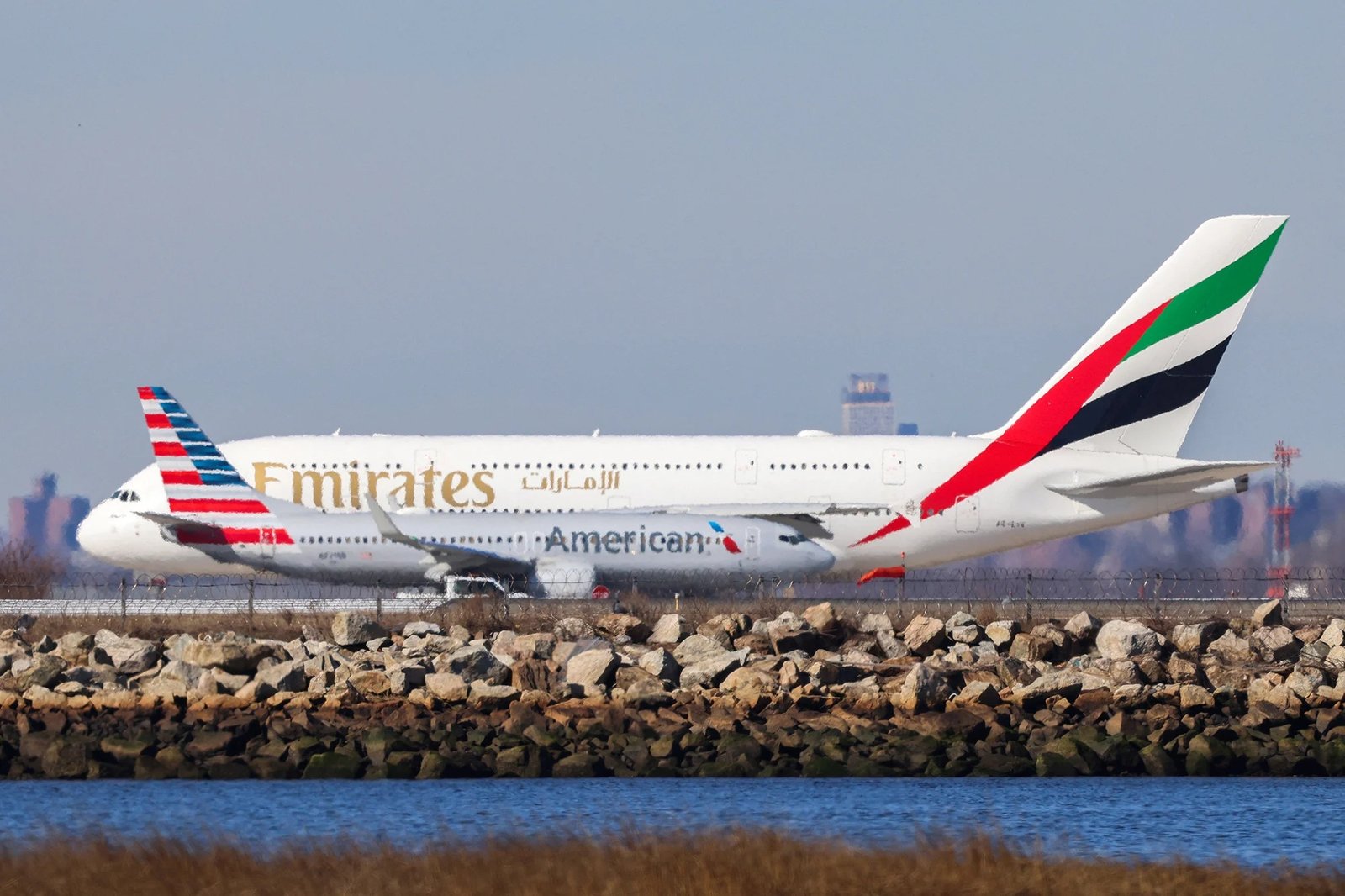As the list of nations issuing travel warnings to the US grows, some visitors are opting to boycott it entirely. Here’s why many foreigners are changing their travel plans and what this could mean for Americans. The US has long been a top global travel destination, but recent policy changes and political tensions are causing many international travelers to reconsider their plans. This shift not only impacts the tourism industry but also has broader implications for the country’s international reputation and economy.
With President Donald Trump’s administration implementing sweeping new policies, stricter border enforcement, and an immigration crackdown, international travelers are facing increased uncertainty. The US has recently suggested travel bans and restrictions on residents from numerous countries, citing national security concerns. Additionally, countries like Germany have updated their travel advisories, warning citizens that having a US visa or ESTA does not guarantee entry, due to incidents of detention and deportation despite valid documentation. This unpredictability has led to growing apprehension among potential visitors.
Political tensions are also playing a significant role in deterring travelers. The US’s trade disputes and tariffs on longtime allies, including Canada, have strained international relations. Former Canadian Prime Minister Justin Trudeau urged Canadians to prioritize domestic travel, stating, “Now is the time to choose Canada,” in response to the US’s actions. This call has resonated with many Canadians, who are now boycotting US holidays, leading to a notable decline in border crossings. In February 2025, Canadian arrivals in the US by car decreased by 23% compared to the previous year.
Beyond policy changes, safety concerns are another major factor influencing travelers’ decisions. Countries like Finland and the Netherlands have issued travel advisories due to the US’s policies and potential risks for certain groups, such as transgender and nonbinary individuals. Additionally, New Zealand has advised its citizens to exercise increased caution when traveling to the US due to the threat of terrorism and higher rates of violent crime. These advisories highlight the growing perception of the US as a less safe destination, further discouraging international travel.
The decline in international tourism could have significant economic repercussions for the US. The tourism industry is a crucial contributor to the country’s economy, with foreign travelers spending billions annually. A reduction in visitors, particularly from major sources like Canada, could result in substantial losses for businesses and job cuts. For example, the US Travel Association estimates that a 10% decrease in Canadian visitors could lead to $2.1 billion in lost spending and 14,000 job losses. This trend could also affect the US’s international relationships, as travel restrictions and advisories erode cultural exchange and positive public perceptions.
While some travelers are avoiding the US due to policy changes and safety concerns, others simply feel unwelcome. The US’s image as a welcoming and diverse nation is being challenged by the current administration’s approach. This shift in perception could have long-term effects on the country’s reputation as a desirable travel destination. As more countries issue travel advisories and travelers opt for alternative destinations, the US may need to reassess its policies to balance national security with maintaining its global appeal.
The increasing number of travel warnings and boycotts against the US highlights the complex interplay between domestic policies and international perceptions. Stricter immigration measures, political tensions, and safety concerns are causing many foreigners to change their travel plans. This trend not only impacts the US tourism industry but also has broader implications for the country’s international reputation and relationships. As the situation continues to evolve, it remains to be seen how the US will address these challenges to restore confidence and rebuild its image as a welcoming destination.




